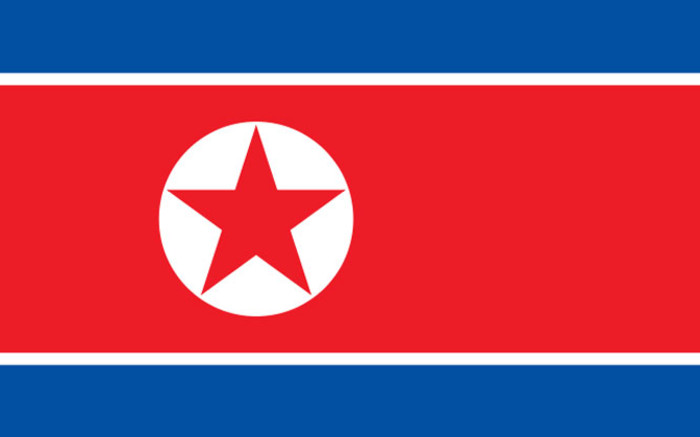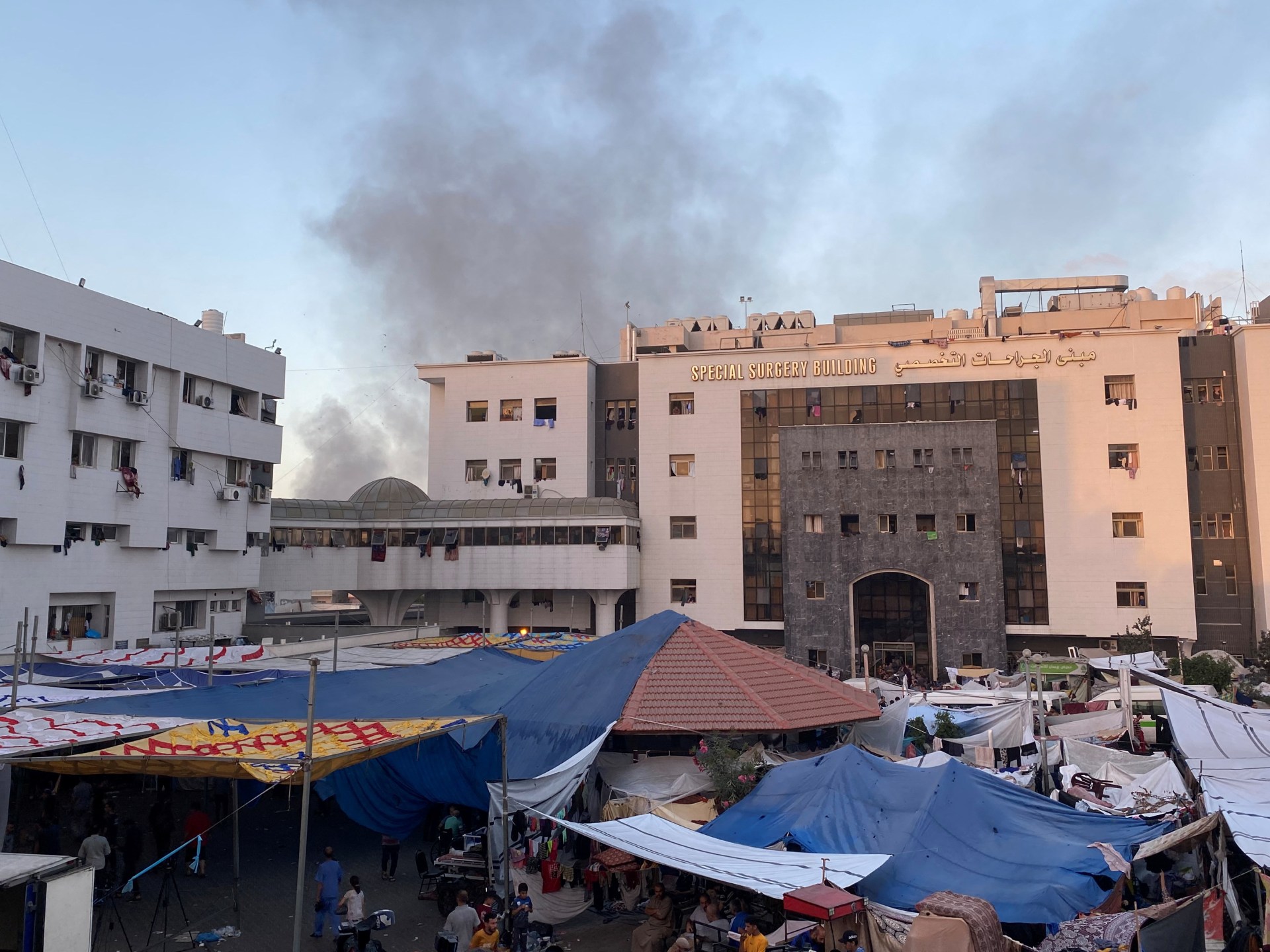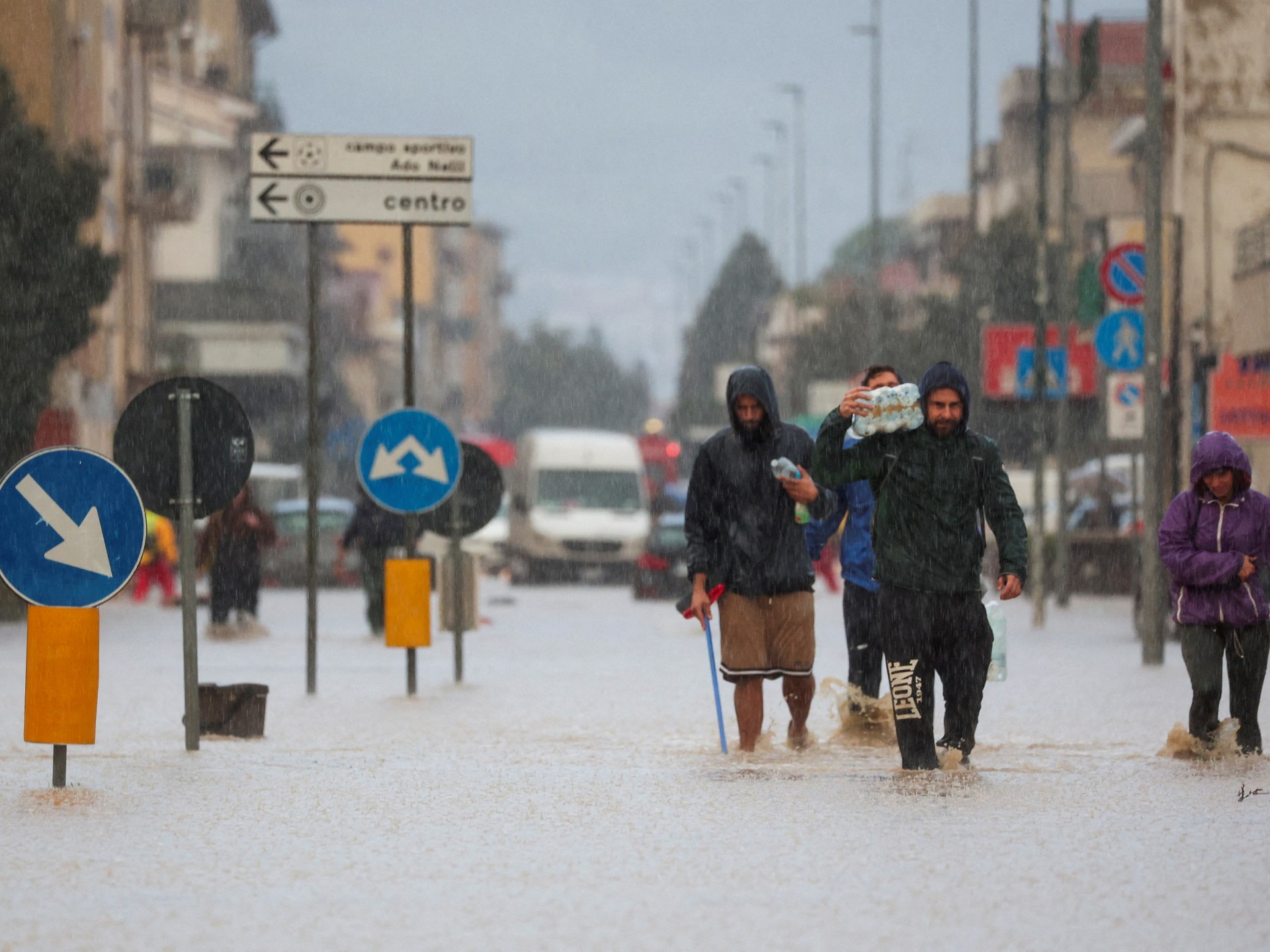
The launch followed Sunday evening’s test of a shorter-range missile, with the back-to-back launches coming on the heels of another bout of fearsome rhetoric between North Korea and the U.S.-South Korean allies.
North Korea flag. Image: Wikipedia.
SEOUL, South Korea — North Korea fired another long-range ballistic missile on Monday with the potential ability to hit the United States, Seoul and Tokyo officials said, extending a record-breaking number of weapons tests in 2023 that drew condemnation from the West.
The launch followed Sunday evening’s test of a shorter-range missile, with the back-to-back launches coming on the heels of another bout of fearsome rhetoric between North Korea and the U.S.-South Korean allies.
The South Korean military said it detected the launch of a long-range ballistic missile from the Pyongyang region on Monday that flew 1,000 kilometers before landing in the East Sea, also known as the Sea of Japan.
The South reported the missile flew up rather than over, a method Pyongyang has previously used in some weapons tests to avoid flying over neighboring countries.
The Japanese Defense Ministry said it was an ICBM-class missile with a potential range that could cover the entire United States.
“The intercontinental ballistic missile fired this time could have a flight range of over 15,000 kilometers, if calculated based on the trajectory and depending on the weight of the warhead,” said Shingo Miyake, deputy defense minister in parliament.
“In this case, the entire U.S. territory would lie within this area.”
Since the first nuclear test in 2006, the United Nations Security Council has passed numerous resolutions calling on North Korea to end its nuclear and missile programs.
Japanese Prime Minister Fumio Kishida called Monday’s launch a “threat to peace and stability” and said it violated U.N. Security Council resolutions.
The US State Department released a statement condemning the test.
North Korea has already test-fired four ICBMs in 2023. The last time was in July, when it launched its Hwasong-18 solid-fuel rocket.
The Hwasong-18, which was first fired in April, is North Korea’s first solid-fuel ICBM, making it easier to transport and quicker to launch than liquid-fuel versions.
The spokesman for the South Korean General Staff said they were checking whether Monday’s launch was a solid-fuel intercontinental ballistic missile.
Nuclear threats
The United States and South Korea held their second Nuclear Advisory Group meeting in Washington on Friday, where they discussed nuclear deterrence in the event of a conflict with the North.
On Saturday they warned that a nuclear attack by Pyongyang on the United States and South Korea would mean the end of the North Korean regime.
A North Korean Defense Ministry spokesman on Sunday criticized allies’ plans to add a nuclear operations exercise to next year’s annual joint military exercise.
“This is an open declaration of nuclear confrontation to make the use of nuclear weapons against the DPRK a fait accompli,” said a statement carried by the KCNA news agency, using the official acronym for North Korea.
“Any attempt to use military forces against the Democratic People’s Republic of Korea will face a pre-emptive and lethal backlash,” it said.
The North’s launch of a military spy satellite in November further damaged relations. They portrayed it as a major breakthrough and claimed it provided images of U.S. and South Korean military sites.
That launch broke a military agreement between the Koreas that had been made to de-escalate tensions on the peninsula.
After the launch of the spy satellite, both sides increased security along the Demilitarized Zone (DMZ) that separates them.
“If North Korea does something reckless that destroys peace, only hellish destruction awaits it,” South Korea’s Defense Minister Shin Won-sik warned last week in a meeting with senior military commanders.
Shin recently made unusually harsh remarks, threatening deadly missile strikes on “the heart and head” of Pyongyang in the event of war.
North Korea declared itself an “irreversible” nuclear power in 2022 and has repeatedly said it will never give up its nuclear program, which the regime considers vital.






Recent Comments